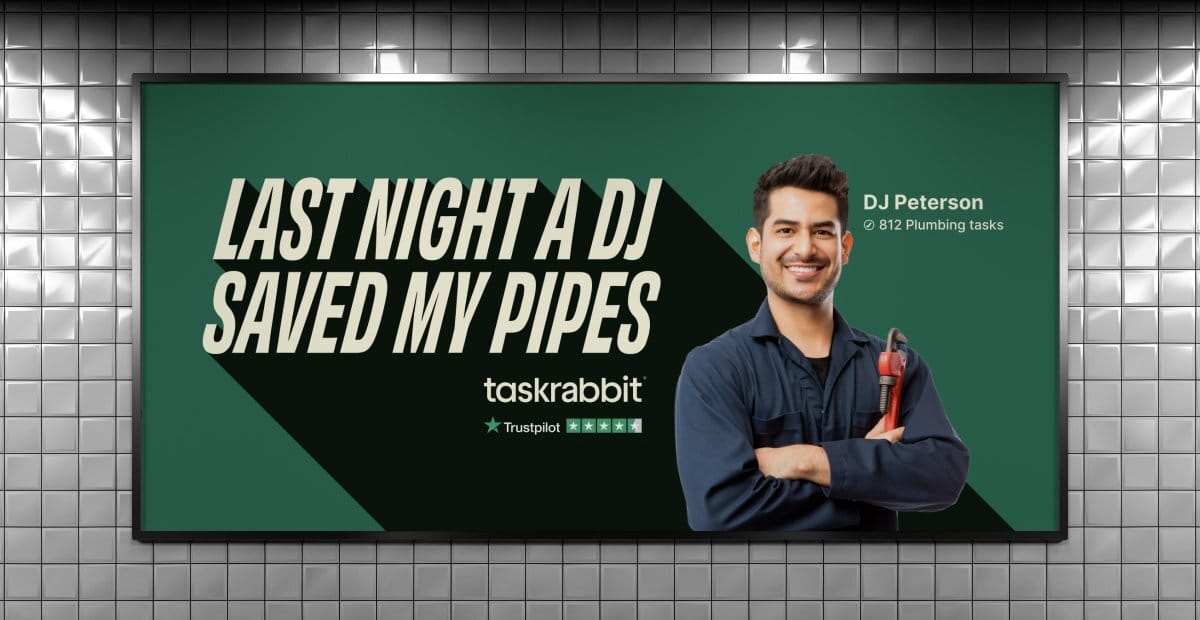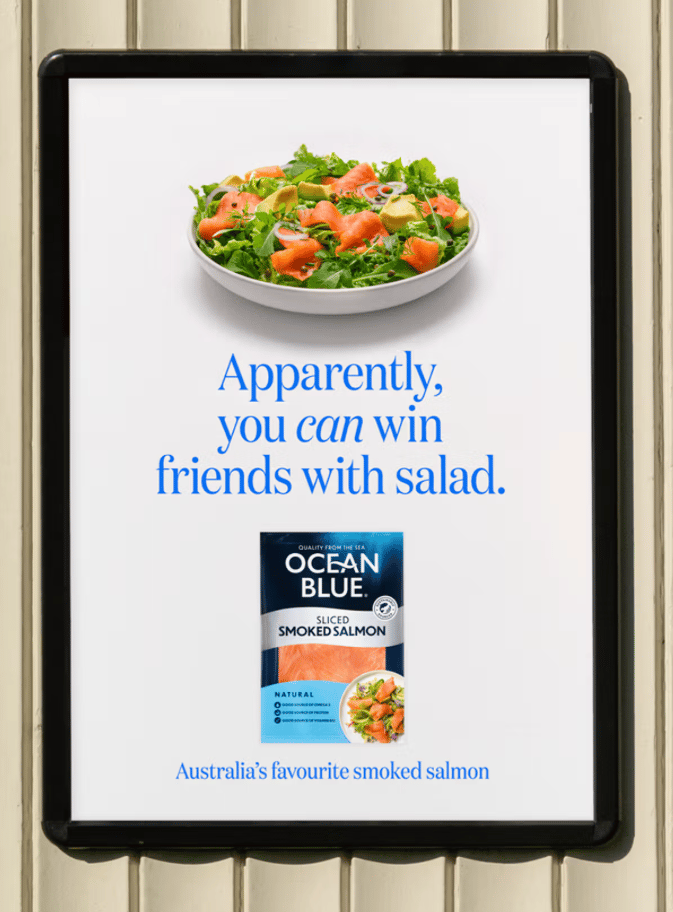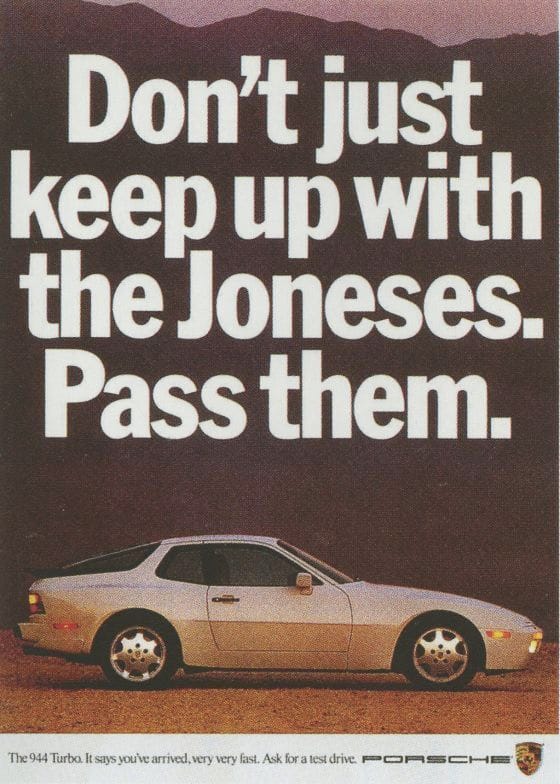One of the most overused and misunderstood quotes about creativity is ‘good artists copy, great artists steal’.
It’s been widely attributed to multiple people, perhaps ironically, ranging from Picasso to Stravinsky to Steve Jobs. Mostly because they’ve all said kinda similar things in different ways - in turn proving the point.
I say it’s misunderstood because you often see people using it as a justification for lazily copying something. Because they don’t quite get the nuance of the quote.
Copying something is just seeing someone else’s work or idea and straight up lifting it and presenting it as your own. A duplication, a replica, a reproduction, a LinkedIn thought leader post. (Sorry, I had to.)

STEALING is taking something that already exists in the world and making it yours. Transferring ownership. In essence, turning it into something new.
Something I often do when writing headlines or taglines or a brand positioning (in between watching ‘greatest f1 overtakes’ on YouTube or looking up ‘the siege of Constantinople’ on wikipedia or whatever brilliant procrastination beckons at the time) is explore existing language. Idioms, phrases, quotes. The English language is full of turns of phrase with, in some cases, centuries of familiarity and feeling baked into them. This is a powerful arsenal it would be remiss of us to not forage around in once in a while.
Here’s the sticking point though, it’s not as easy as plucking one out and hitting ctr-c + ctrl-v, or turning it into a bad pun. Which is what a lot of people/brands do, to be honest. You have to smash the glass and steal it. Take it, twist it, make it yours.
So, be warned, herein lies the tightrope wire you walk with this technique. It has to be clever and fresh and relevant enough to be worth stealing, or else it’s just a shoddy replica.


Diesel’s classic ‘BE STUPID’ campaign did this exceptionally well by effectively taking existing behaviours, phrases, and language and twisting them to their favour by completely changing the meaning of the language. Celebrate stupidity. Own doing dumb stuff. You know, the stuff we all did before we grew old and boring and started overthinking everything by running it through 7 rounds of feedback and 3 months of research. (Because, really, what they ended up owning is having fun in an increasingly stuffy world, which is a pretty bloody good thing to own for a brand looking to pick up a younger demo.)
Arguably, no one twists phrases to their advantage better than The Economist. There’s a million examples, but these two are pretty damn good.


The sharpness and brevity of these lines is immense, and they avoid being bad puns by landing 100% flush for the audience and the brand’s TOV. They hit with a heady weight that you simply cannot get from a line written from scratch. They work so well, and only so well, because of all the pre-existing context. And that’s the power of this type of writing. You’re swinging years and years and years of language and history and meaning, but at the head of your brand new axe. (I dunno why this ended in an axe metaphor, maybe because I’ve been playing KCD2, so let’s just run with it. And axes are cool.)
But not everything needs to be overly witty and clever. Sometimes you don’t need to turn the phrase so hard. Just take the foundation and build on it.


Here’s another example using existing equity (and Phil Collins as a punching bag).

Which is a good segue, because it’s not just idioms and phrases you can steal. It’s anything widely understood in culture. Inspired by poor Phil copping a bollocking, I found a few other lines built from song lyrics.



This is one of those ideas that when presented to you, you stop, take off your glasses, pinch your nose, sigh a little… and then laugh and say “Fucking hell, yeah, ok, go for it”. ‘Cus they are kinda cringey and lame… but in the best way. I just want to make that bit clear. These are good. They make you smile and laugh and you simply cannot help but sing the stupid line in your head to the tune of the song. The ads are memorable because the lyrics are memorable and now you’ve stolen that memorability. Clever stuff. Solid heist.
Spotify has done a great job over the years of leveraging music in a multitude of ways. They use data well, which is very rare, and this is because they express the data as insights and truths and human behaviours. You can’t ‘see’ the data in the ad. The theft is clean.

Or, steal from TV or film. Given The Simpsons has basically done and said everything at this point, steal something back. Like we did here for Ocean Blue.

Another headline format that I really like is what I call ‘the 1-2 punch’. (There might be a separate post in that technique altogether.) Headlines that include two lines. Usually one straight, and one twisted. Where you set people up with the jab, before landing a devastating hook. Here’s Porsche setting us up with an old familiar phrase, before taking it and running off with it.

That’s probably enough to get the point across, but something I want to reiterate is the weight of these lines. They hit different. There’s a hidden heft to the messaging, and that’s why it’s always worth reading through the brief and pulling out a few topics and territories and exploring what’s already been said.
If you’re working on life insurance, look up idioms and phrases about death. Headache pills, head, mind, thinking, pain. Shoes, walking, running, travelling, distance. Build out a little mind map of associated stuff, feelings, benefits and pain points and see what’s out there. This is the type of stuff AI is genuinely great at helping with. (Not the actual headline writing… that’s where you just end up with the bad pun.)
But remember, to properly steal something - you have to make it yours.
Writing tip #1
Writing tip #2
Writing tip #3
Writing tip #4
Writing tip #5
Writing tip #6
Writing tip #7
Writing tip #8
Writing tip #9
Writing tip #10
Writing tip #11
Writing tip #12
Writing tip #13
Writing tip #14

